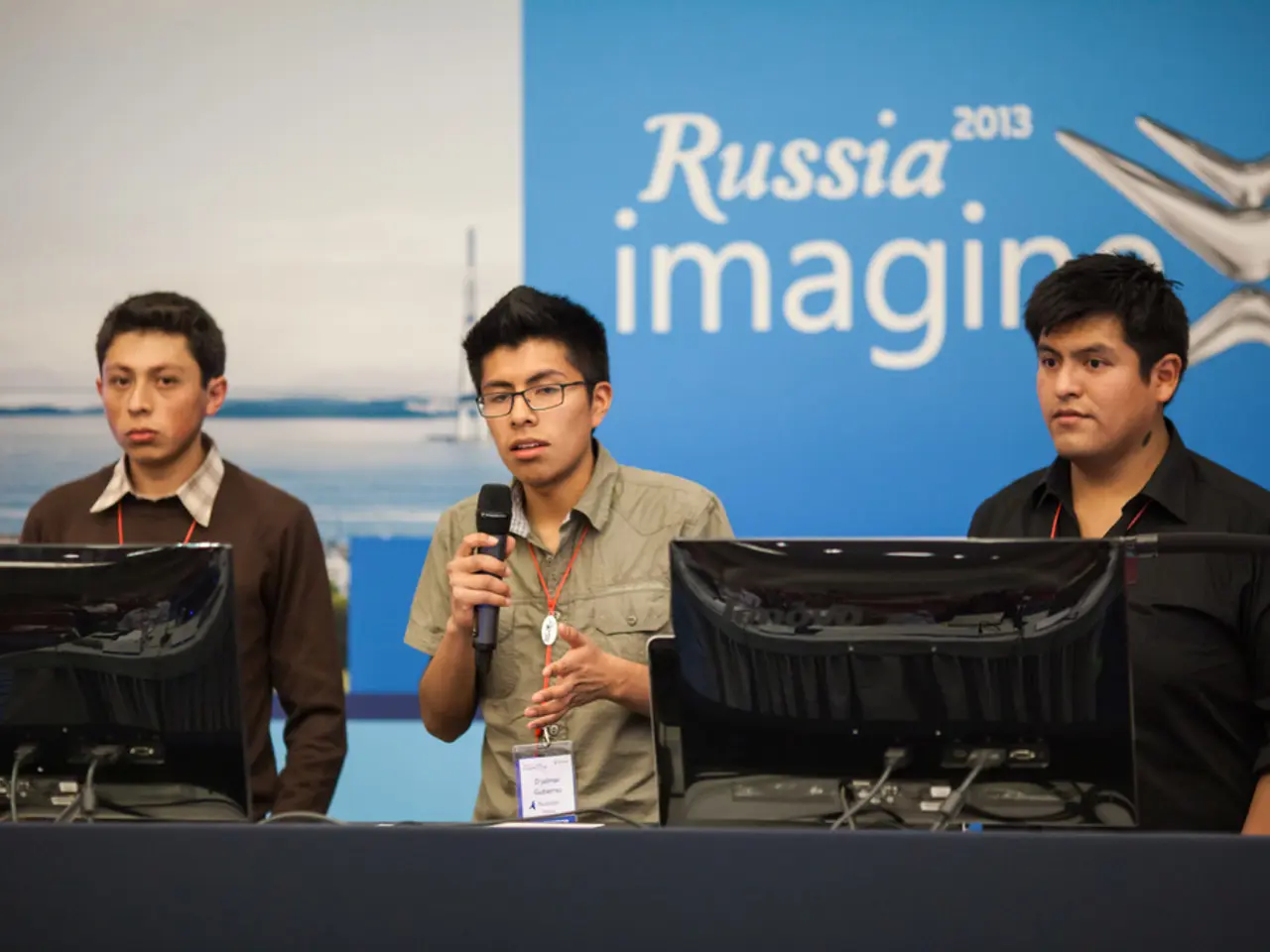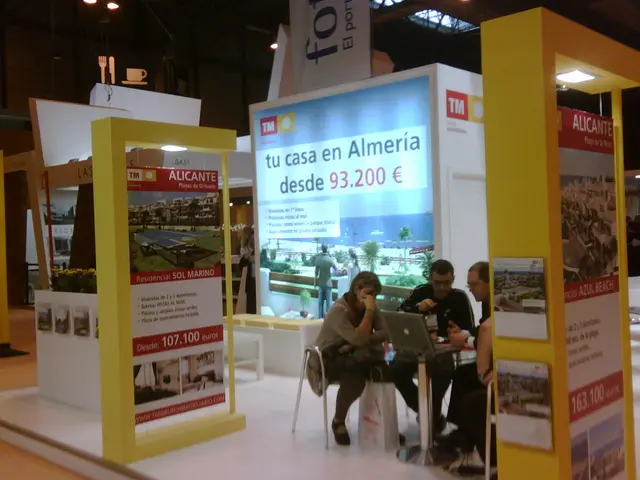EU seeks IMF's counsel on the magnitude of EU Reparation Loan for Ukraine
The European Union is exploring a novel approach to financially support Ukraine amidst the ongoing conflict with Russia, proposing a 'reparations loan' funded by immobilized Russian central bank assets held in G7 countries.
The idea, discussed during a recent call with G7 finance ministers, involves using the frozen Russian assets to issue zero-coupon bonds. The European Commission is leading this initiative, with Belgium, home to Euroclear, a securities repository holding nearly 200 billion euros of frozen Russian state assets, playing a significant role.
Belgian Finance Minister Vincent Van Peteghem expressed reservations about the proposal, calling it 'rather vague' and emphasizing the need for risks to be shared among all EU member states. He also noted that around €170 billion of the securities have matured since their freezing in February 2022, but it remains unclear how much of the matured money could be used for the Reparations Loan.
The loan aims to bolster Ukraine's wartime finances, as U.S. President Donald Trump is reducing direct U.S.-funded military aid to Kyiv. The European Commission will consider the International Monetary Fund's (IMF) assessment of Ukraine's financing needs over the next two years in determining the size of the loan.
The politically risky aspect of the proposal involves government guarantees, which could be called upon if Russia makes claims once EU sanctions against Moscow are reversed. The Commission's model involves replacing Russian assets held in Europe with these zero-coupon bonds, which would have guarantees from either all EU countries or just those willing to participate.
Hungary is also a key state in this proposal, aiming to bypass its veto against the confiscation of Russian assets. The EU member states directly involved in this proposal include Belgium and Hungary.
Spanish Finance Minister Carlos Cuerpo expects a Commission proposal on the loan in October. The IMF is currently finalizing its assessment on Ukraine's financing needs for the next two years. The reparations loan idea is replicable in all G7 countries holding frozen Russian assets.
Read also:
- chaos unveiled on Clowning Street: week 63's antics from 'Two-Tier Keir' and his chaotic Labour Circus
- Budget discrepancy jeopardizes highway projects' financial support
- Racing ahead in Renewable Energy Dominance: Changzhou, Jiangsu Pushes for Worldwide Renewable Energy Ascendancy
- Feeling disoriented or perplexed.







